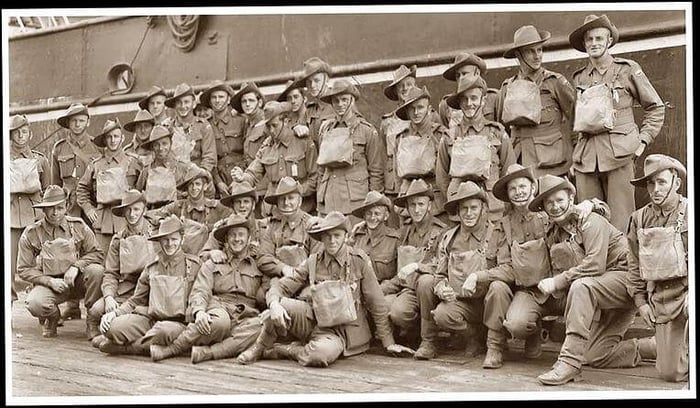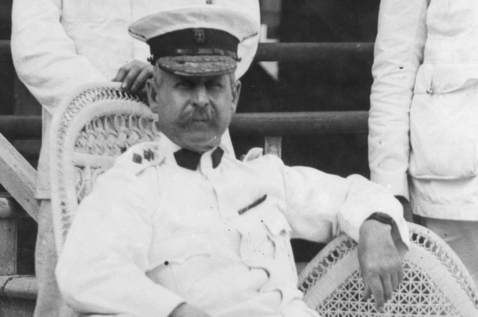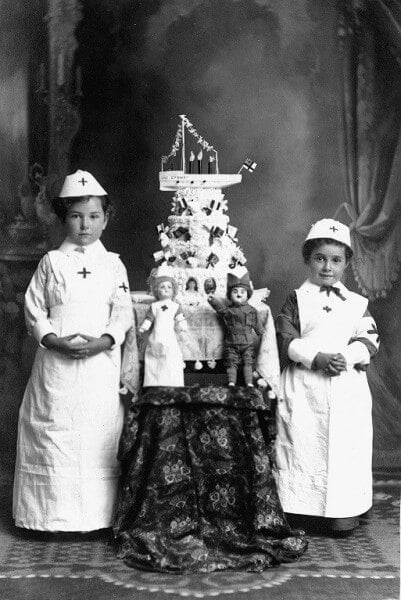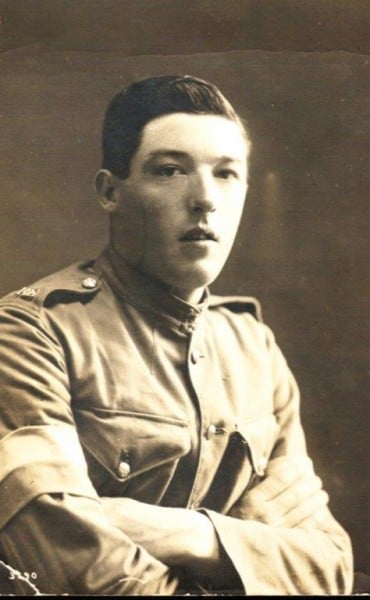
UNKNOWN DIGGER LAID TO REST IN INDONESIA
Image: Australian troops from Sparrow Force prepare to deploy to Portugese Timor
Assistant Minister for Defence, Stuart Robert, led tributes for an Australian soldier, who was farewelled in Indonesia more than 70 years after giving his life in the Second World War. The remains of the unknown soldier were buried with military honours in an Australian Army ceremony at the Commonwealth War Graves Cemetery in Ambon, on Thursday, 10 September, 2015.
The soldier is believed to have died during engagements with the Imperial Japanese Army in what was ultimately an unsuccessful Australian operation to protect an airfield at Kupang, West Timor in 1942. Mr Robert emphasised the Australian Government’s commitment to honour the men and women who have given their lives in the service of our nation. “This man fell during three days of intense fighting for control of the area,” Mr Robert said.
“It is important that we are able to identify and commemorate the soldiers who lost their lives in war and in the defence of our nation. This ceremony reflects our commitment to our fallen men and women and the families they left behind.”
“Unfortunately, the identity of this soldier remains a mystery. Since the discovery of his remains, the Australian Army’s Unrecovered War Casualties Unit has been working to identify him. While we do not know him by name, we can take comfort that after 73 years this soldier has finally been laid to rest with his mates.”
The soldier’s remains were uncovered during excavations for a school near the town of Kupang in West Timor in 2013. The Army’s Unrecovered War Casualties Unit (UWC – A) was called in when the discovery was reported to the Australian Embassy in Jakarta by the property’s owner.
The soldier is thought to have belonged to “Sparrow Force”, a unit built around the 2/40th Australian Infantry Battalion drawn from Victoria and Tasmania.
On 20 February 1942, Japanese forces landed in West Timor and advanced on two fronts towards the Australian positions. Three days later and after fierce fighting, the Australians were almost completely out of ammunition and supplies. By the time they surrendered, 84 men had been killed in action with a further 132 wounded. Many more were to die in prisoner of war camps in the years to come.
The UWC – A team have been coordinating the DNA search for relatives of the soldier and to date, have tested 93 people. A few clues were found with the remains, including personal items like shaving and eating gear, a torch and some Dutch coins, however, none of these items were marked with a name or serial number.























